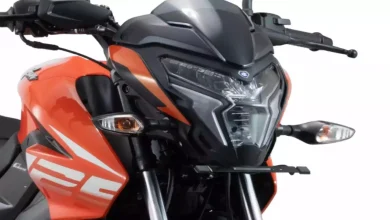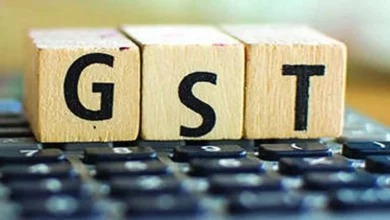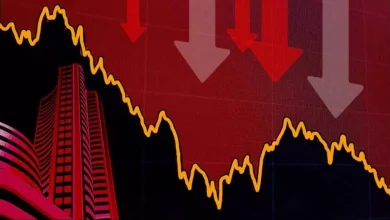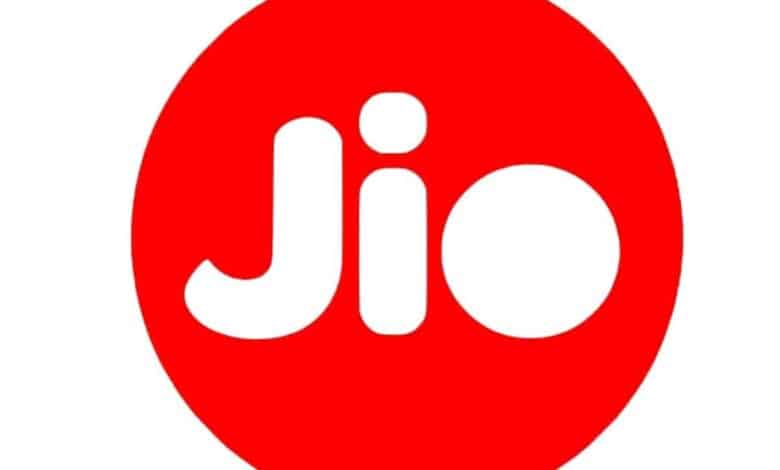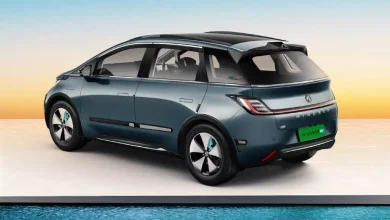Eastman Auto & Power: Celebrating the milestone of 10 million batteries
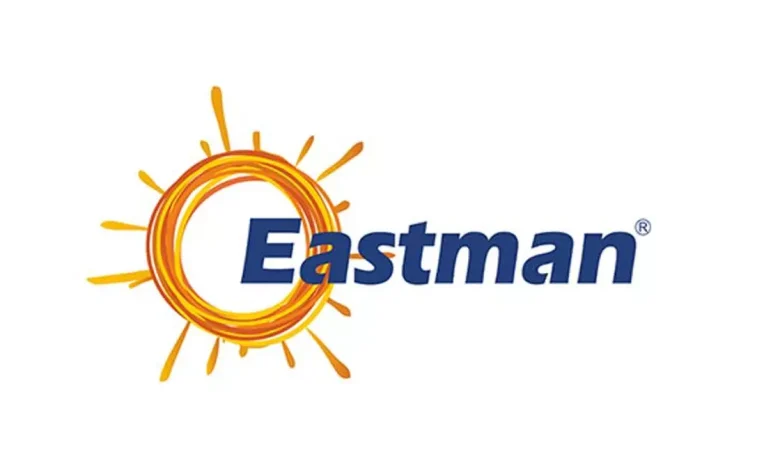
New Delhi New Delhi: Eastman Auto & Power, a leading provider of power solutions, today announced the significant milestone of surpassing 10 million batteries in production and sales for e-rickshaws. This achievement reflects the company’s unwavering commitment to innovation, strategic partnerships and the growing demand for advanced battery technology.
Since its inception in 2006, the company has established over 400 strong partnerships with leading original equipment manufacturers (OEMs) in the automotive and energy storage industries, which have been instrumental in expanding its innovative battery technology that has revolutionized the e-rickshaw market. This has enabled Eastman to consistently deliver high-performance solutions, enhance product offerings and strengthen its market presence in new categories such as solar solutions, making it India’s leading solar battery exporter.
Shekhar Singhal, Managing Director, Eastman Auto & Power Ltd, said, “This achievement is a testament to our team’s dedication to quality and service as well as the trust placed in us by our valued partners. Our commitment to further India’s journey of Make in India for the world is highlighted by this milestone. We are proud to be at the forefront of energy storage solutions, providing our consumers with reliable and cost-efficient energy options that pave the way for a brighter, more inclusive future.”
Looking ahead, lithium-based batteries and new chemistries will be a key driver for growth and innovation at Eastman Auto & Power. The company seeks to establish itself as an innovator in the energy transition space by bringing technology agnostic value propositions to its consumers. R&D is also being boosted at Eastman as the company focuses on bringing new value propositions around the solar and e-mobility sectors. The growing demand for efficient energy storage solutions has also encouraged the company to invest more in manufacturing. By June 2025, EAPL is set to achieve around 25 GW of manufacturing capacity, of which 4 GW will be dedicated to lithium-ion battery production.

